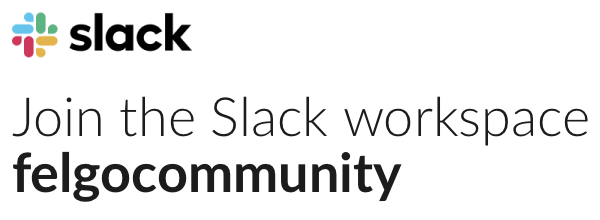Hi there,
i am looking for a possibility to enhance my build process using a build server. I found this ressource:
https://felgo.com/build-server-3/build-server-improvements
but all links referenced in this side are dead. Also this project seems to host a build server on v-play owned machines. My preferred solution is to run a build server on my own ressources. So is there maybe a self-hostable version of this old reference? I think already some helper script for installation and setup would be nice. I found a github project providing exactly this for vanilla qt and android builds:
https://github.com/benlau/qtci
Maybe a v-play support at first only for android in such a way would be a step forward for good automated development processes.



